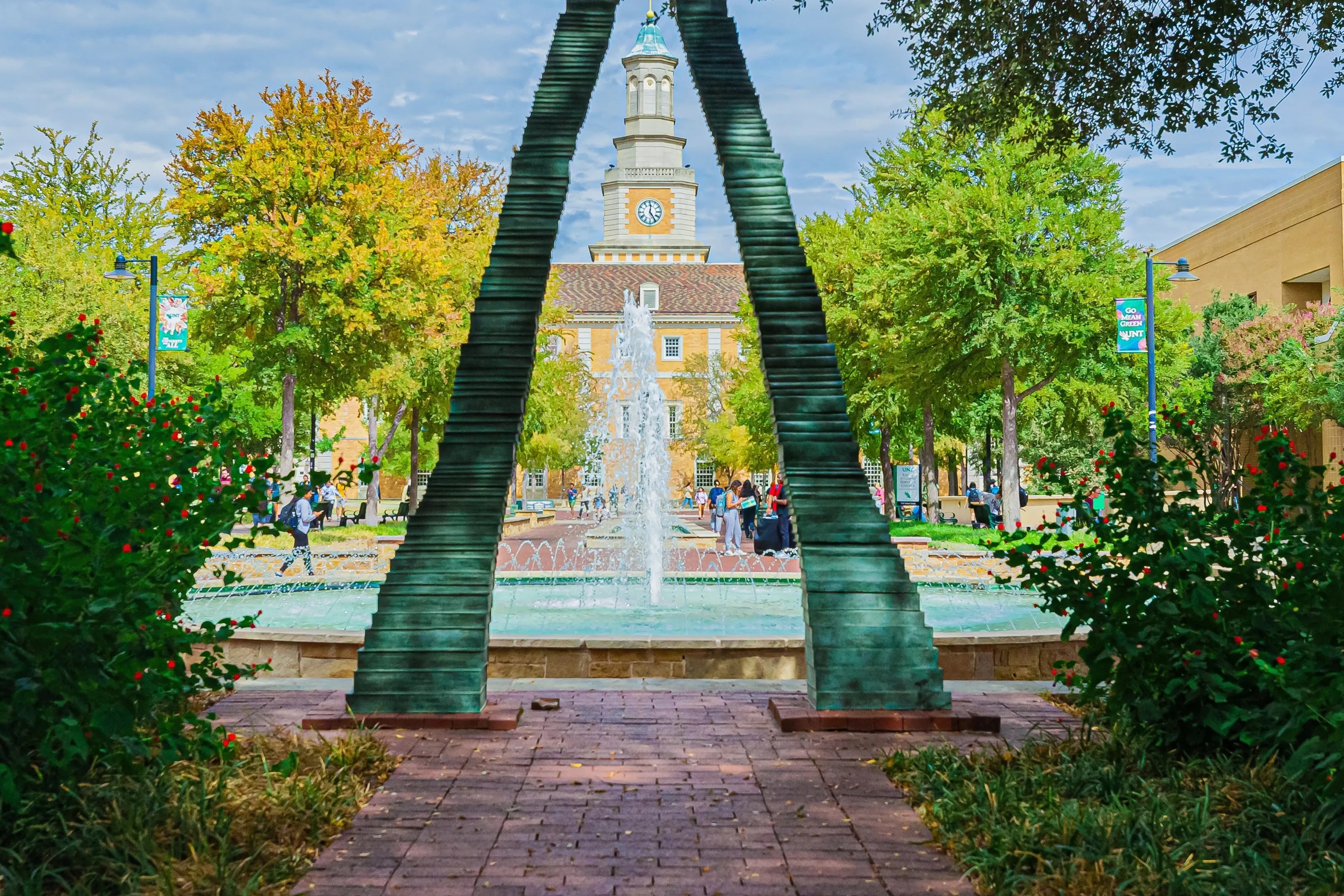
Adobe Stock

Audio By Carbonatix
Geopolitical tensions, visa troubles and anti-immigrant sentiments have left University of North Texas leaders bracing for a drop-off in international student enrollment, university President Harrison Keller told the Board of Regents last week.
During the 2023-24 academic year, international student enrollment was at an all-time high across the United States. In Texas alone, 89,546 international students contributed $2.4 billion to the state’s economy in 2024, according to the annual Open Doors report on international educational exchange. While statewide enrollment increased 10.9% between 2023 and 2024, North Texas universities saw a 22% boost in international students between the school years.
Keller told the board that the university’s master’s program growth over the last 10 years is primarily due to increased international enrollment, particularly in STEM fields. He said that despite the region’s overall growth, the trend waned somewhat between 2023 and 2024.
“We were down more than 1,300 students in our master’s programs because of different market issues and also geopolitical issues around visas,” Keller said. “We are anticipating that international master’s students in particular could decline somewhere on the order of 25% for this next fall.”
That expectation isn’t specific to the University of North Texas.
When the Open Doors survey was first released last November, the Observer asked researchers if the Trump administration’s anti-immigrant sentiment posed a risk to growth. Already, preliminary data showed a 3% increase in enrollment for the fall semester from last spring, and the belief was that nothing would slow that growth.
“Students are typically affected only by actual shifts in policy or due to other intangible factors. They’re largely unaffected by shifting perceptions or rhetoric,” Julie Baer, a research and learning lead with the Institute of International Education, said.
However, policy shifts have happened in the months since President Donald Trump’s inauguration. Funding for university research has been slashed, and federal immigration authorities have arrested individuals on student visas for rhetoric the administration deems harmful. In April, hundreds of Texas students had their visas revoked overnight. That included 77 students from the University of North Texas, Texas Woman’s University, the University of Texas at Arlington and the University of Texas at Dallas.
In further moves against international students, the Trump administration blocked Harvard University from admitting any new international students last week. A federal judge has challenged and blocked that decision.
Already, some early data shows a steep drop-off in international interest, although the International Education Exchange is still anticipating the U.S. will end this school year with more international students than it had last year. A recently released study by the National Foundation for American Policy predicts a “catastrophic” drop-off in international enrollment across undergraduate and graduate programs based on the current trajectory.
“[The drop-off in enrollment] is not unusual for UNT. When I talk to colleagues across the state, this is part of a larger trend that we’re seeing now,” Keller said.
Keller said regional recruitment and student retention will be crucial to keeping the university on a positive path.